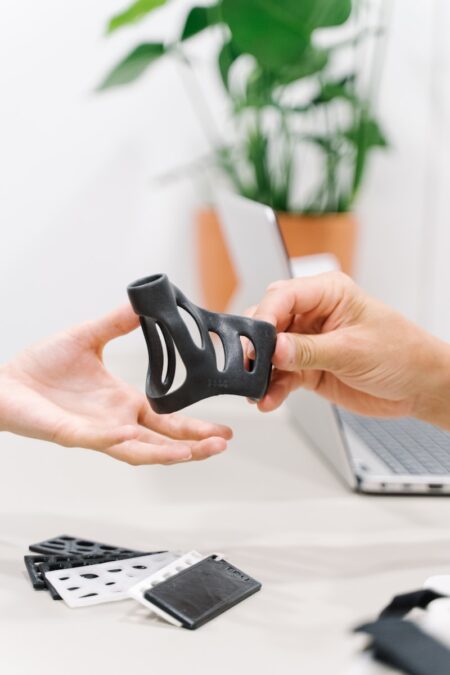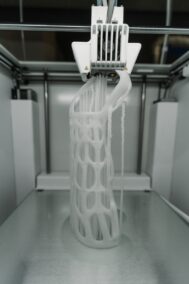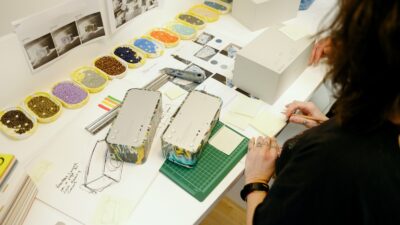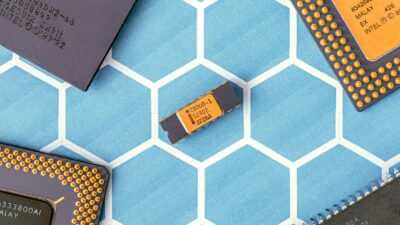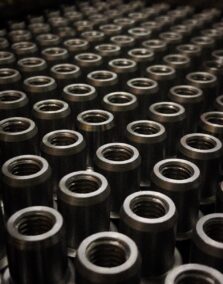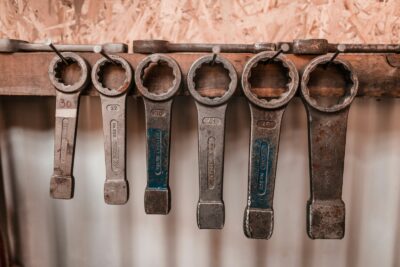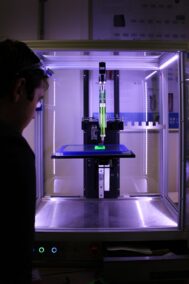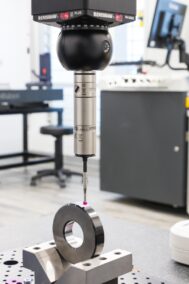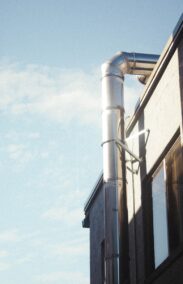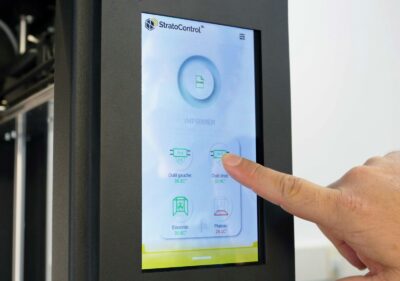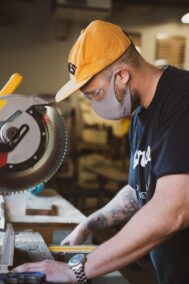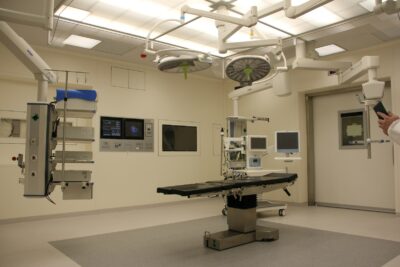Revolutionizing Production Efficiency
The Emergence of Additive Processes
Additive processes enable the creation of complex geometries and customized designs with unparalleled precision and efficiency. Unlike traditional subtractive manufacturing techniques, which involve cutting away material from a solid block, additive processes build objects layer by layer, using digital models and a variety of materials, including plastics, metals, and ceramics. This innovative approach not only reduces lead times but also eliminates the need for costly tooling and machining processes, resulting in significant cost savings for manufacturers.
In the realm of manufacturing, lead times play a crucial role in determining operational efficiency and business success. With the advent of additive processes, such as 3D printing, companies in Saudi Arabia and the UAE are experiencing a paradigm shift in their production timelines. Additive processes are revolutionizing traditional manufacturing methods, offering unprecedented speed and flexibility to businesses across various industries.
As technology continues to advance, the applications of additive processes are expanding rapidly. In Riyadh and Dubai, where innovation is driving economic growth, businesses are leveraging additive manufacturing technologies to streamline their production workflows and gain a competitive edge in the global marketplace. From automotive and aerospace to healthcare and consumer goods, additive processes are reshaping industries and accelerating the pace of innovation.
Benefits of Additive Processes for Manufacturing
The benefits of additive processes for manufacturing are manifold. One of the key advantages is the ability to reduce lead times dramatically, allowing companies to bring products to market faster and respond more quickly to customer demands. With additive processes, companies can iterate designs rapidly and produce prototypes in a matter of hours, rather than weeks or months required by traditional manufacturing methods.
Moreover, additive processes offer greater design freedom and customization options, enabling companies to create products that meet the unique needs and preferences of their customers. This flexibility not only enhances product quality and performance but also fosters greater customer satisfaction and brand loyalty. In a competitive business environment, customer-centricity is essential for maintaining a strong market position and driving long-term success.
Additionally, additive processes promote sustainability by minimizing material waste and energy consumption. Unlike traditional manufacturing methods, which often result in significant waste and environmental pollution, additive processes use only the material needed to create the final product, reducing waste and lowering the carbon footprint of manufacturing operations. By embracing sustainable practices, companies can align themselves with consumer preferences and contribute to a more environmentally friendly future.
Embracing Additive Processes for Business Innovation
For businesses in Saudi Arabia and the UAE, embracing additive processes is essential for driving innovation and staying ahead of the competition. By integrating additive manufacturing technologies into their production workflows, organizations can reduce lead times, improve product quality, and unlock new opportunities for growth. However, successful adoption requires strategic planning, investment, and collaboration.
Executive coaching and training programs play a crucial role in preparing business leaders and managers for the adoption of additive processes. By equipping them with the necessary knowledge and skills, organizations can ensure a smooth transition and maximize the benefits of this transformative technology. Additionally, partnerships with technology providers and research institutions can provide access to expertise and resources needed to implement additive processes effectively.
Furthermore, fostering a culture of innovation and collaboration is essential for realizing the full potential of additive processes. Businesses in Riyadh and Dubai must encourage employees to explore new ideas and technologies, fostering an environment where creativity and experimentation thrive. By embracing a forward-thinking mindset and investing in innovative technologies, organizations can position themselves for long-term success and leadership in their respective industries.
Conclusion: Accelerating Production Efficiency with Additive Processes
In conclusion, additive processes offer a transformative solution for reducing manufacturing lead times and driving business innovation in Saudi Arabia and the UAE. By harnessing the power of this cutting-edge technology, organizations can streamline their production workflows, improve product quality, and gain a competitive edge in the global marketplace. As both nations continue to prioritize innovation and economic diversification, the adoption of additive processes will play a crucial role in driving sustainable growth and prosperity for years to come.
#AdditiveProcesses #ManufacturingLeadTimes #ProductionEfficiency #TechnologyAdvancements #BusinessInnovation

